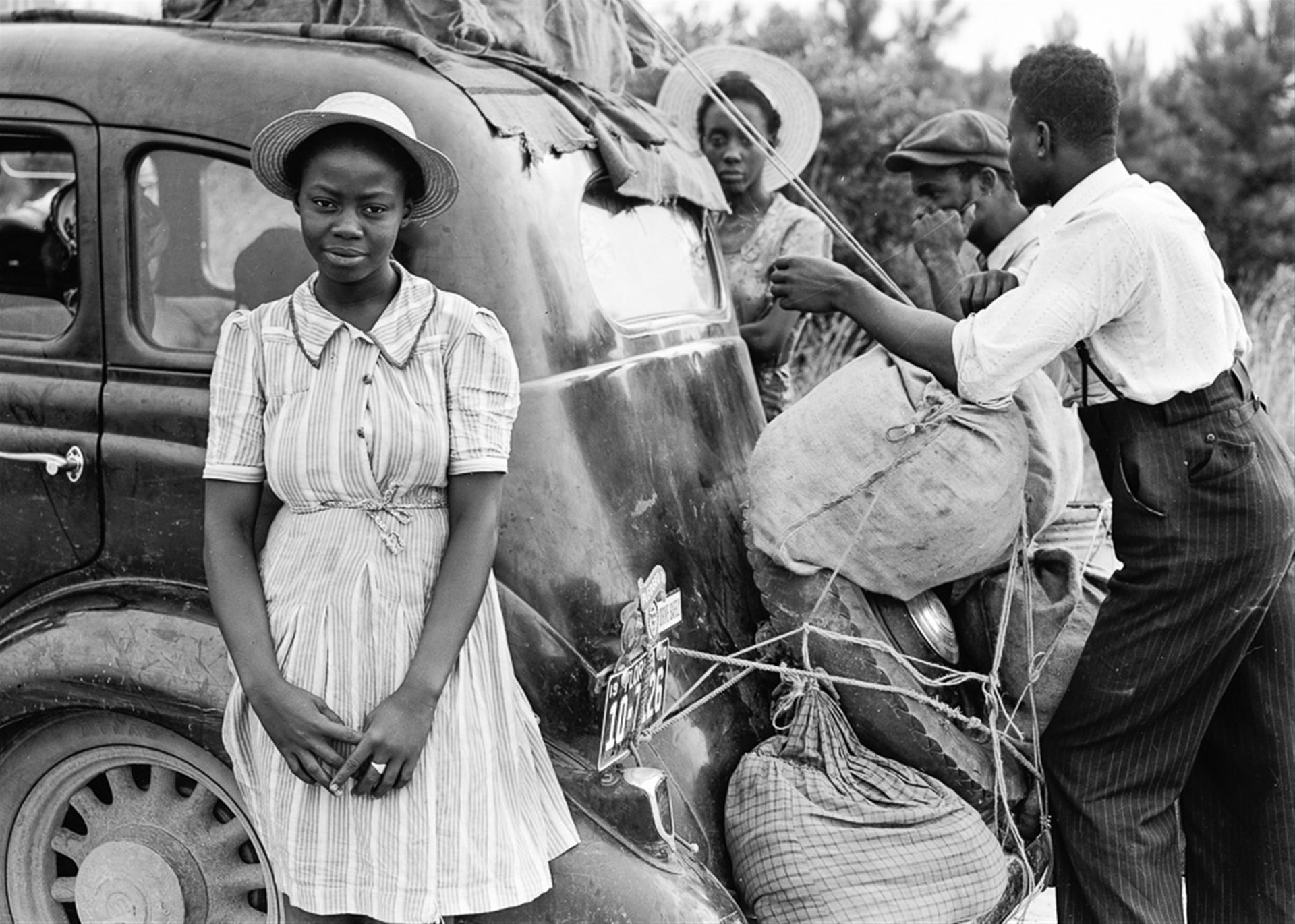Every year, Black History Month faces a dizzying array of criticisms. While it is easy to roll your eyes at the usual charge of ‘What about WHITE history month’, an increasing number of councils are scrapping BHM in favour of ‘diversity months’. While on the surface these may seem to be innocuous attempts at inclusivity, in actual fact they completely miss the point of BHM.
When pushed to name black historical figures, most people will choose from a handful of people, primarily linked to black liberation movements – your Martin Luther Kings, Mary Seacoles and Nelson Mandelas. While they’re undoubtedly incredible people, worthy of their spot in the historical pantheon, crucially they are so prevalent because their history is intrinsically linked with white history. It’s a classic tale in which black people are cast as the victim. Few would name Mansa Musa, 13th century king of Mali and perhaps the richest man of all time, or Cécile Fatiman the voodoo priestess who helped ignite the Haitian revolution. This isn’t supposed to imply that you’re a racist for not knowing these figures, few people do, just that the narrative of black history has not been sufficiently challenged since it was formalised much, much too long ago.
BHM exists, according to its founders, to celebrate a black historical narrative that exists independent of the ‘white world’ – a narrative in which black people are kings and priests, explorers and warriors, innovators and artists and not slaves and victims. Unfortunately, it’s also a narrative that was denied for centuries by elites who needed to believe, and have others believe, that black people were simply incapable of living without them. All too representative of this historical denial is the story of Great Zimbabwe. The towering stone palace, discovered by Europeans in 1867, sparked instant debate as to its origins and in the eyes of the coloniser it clearly could not have been built by Black Africans.
The prevailing theory was that the palace had belonged to King Solomon (who’d lived 8000km away in Israel, much more plausible). Claiming that the palace had been built by Africans remained career suicide in Zimbabwe until 1980. This same history of denial is not nearly as present in the monuments that define many other world cultures like the Taj Mahal, the Great Wall or Machu Picchu.
In a perfect world, we wouldn’t need BHM. Sankara would be taught alongside Ho Chi Minh, Louverture alongside Napoleon, Piye with Tutankhamun. But as it stands, these names ring hollow in the popular imagination, and BHM exists in an attempt to introduce these stories, not simply to portion out history ‘fairly’ like an, admittedly dry, cake. To claim that it exists simply as a place for all things ‘non-white’ is to cannibalise the one time black history is truly appreciated in its own right. White history gets eleven months of the year and any claim that the appreciation of other cultures should be done during BHM instead of any of those other eleven should rightly be met with incredulous scoffs.
All this is not to say that the rest of non-white history gets what could be called a fair treatment in the popular consciousness – it doesn’t, but the remedy for that cannot be found in denying the most unfairly treated of all the historical narratives. In the words of perhaps the 20th century’s most prominent African: “There is no nation which is greater than any other.” Just as important as that sentiment is the fact that most of you won’t know who said it. Look him up, it’s worth a read.
Scott Alexander

